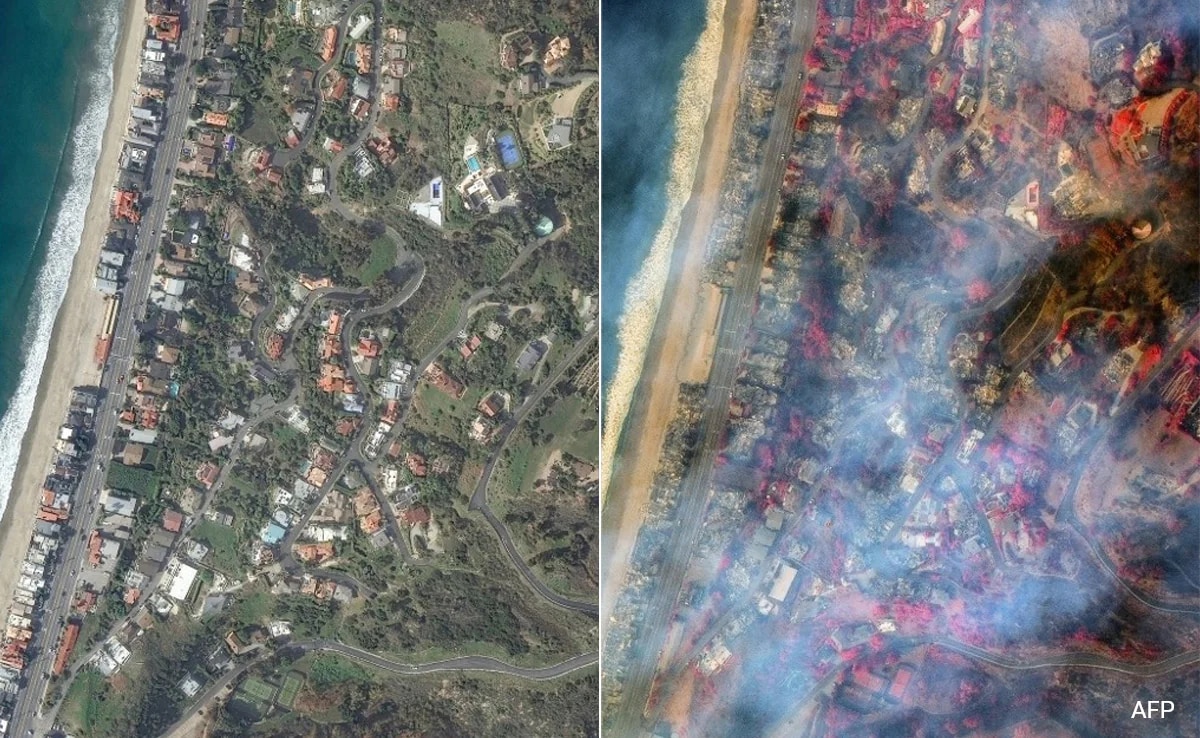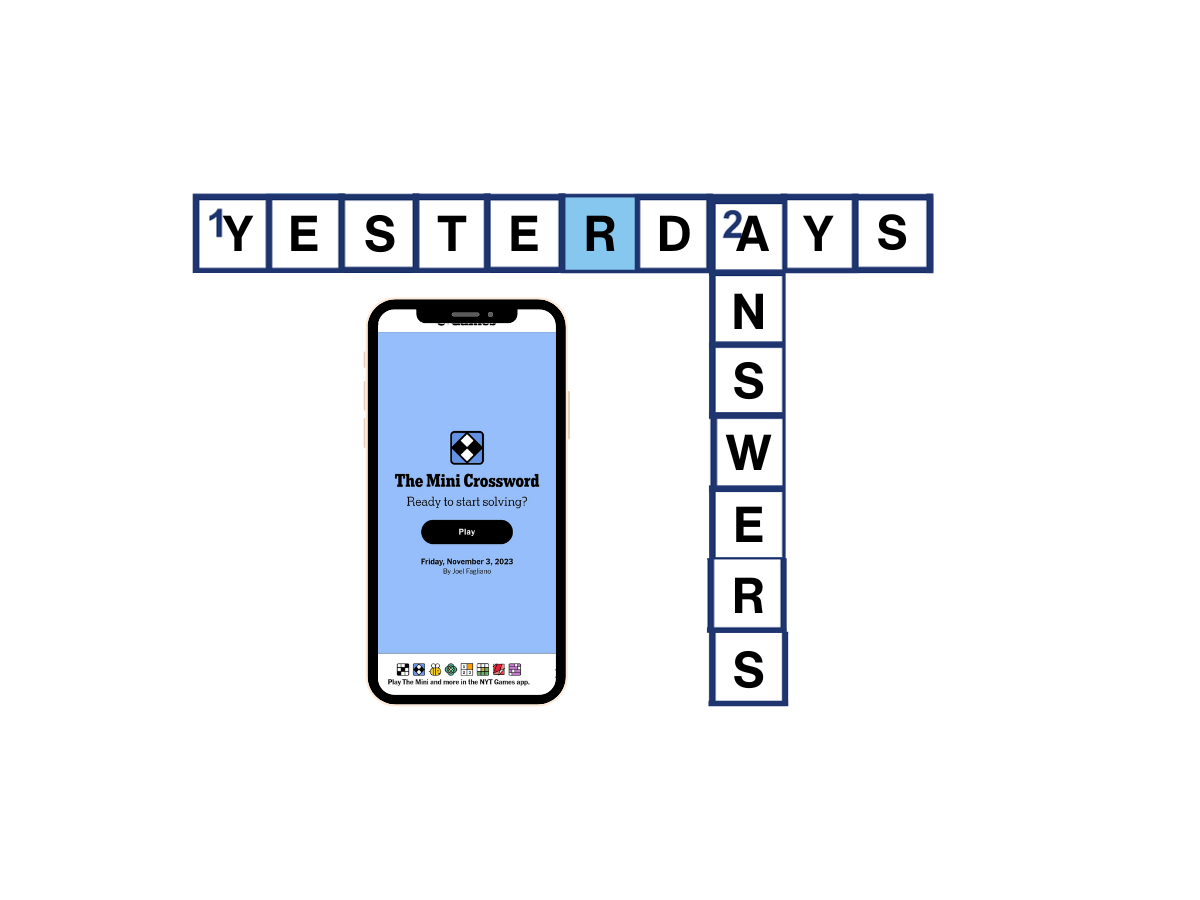Wildfire In Los Angeles: The Ethics Of Disaster Gambling

Table of Contents
The Mechanics of Wildfire Prediction and Financial Markets
Predicting the occurrence and severity of Los Angeles wildfires is a complex undertaking, influencing intricate financial mechanisms.
Data-Driven Predictions and Their Limitations
Wildfire prediction models utilize various data sources, including meteorological data (temperature, humidity, wind speed), historical wildfire patterns, vegetation density, and fuel moisture content. This information feeds into sophisticated algorithms that attempt to forecast wildfire risk. These predictions then inform the creation of financial instruments such as catastrophe bonds and derivatives. Catastrophe bonds, for instance, transfer wildfire risk from insurance companies to investors, offering a potential payout only if a specified level of wildfire damage is reached. However, it's crucial to acknowledge the limitations of these models.
- Inherent Uncertainties: Predicting wildfire behavior remains challenging due to the complex interplay of factors influencing ignition, spread, and intensity.
- Data Bias: Inaccurate or incomplete data can significantly impact prediction accuracy, potentially leading to skewed risk assessments.
- Model Limitations: Current models may not fully capture the impact of climate change on wildfire frequency and severity.
These uncertainties highlight the inherent risks associated with using these models to inform financial decisions related to Los Angeles wildfires. Keywords like "wildfire prediction models," "catastrophe bonds," "financial derivatives," "data bias," and "prediction accuracy" are critical to understanding this complex interplay.
The Role of Insurance Companies and Reinsurance
Insurance companies play a central role in managing wildfire risk. They assess the likelihood and potential cost of wildfire damage, setting premiums accordingly. Reinsurance companies, in turn, help mitigate the catastrophic losses faced by primary insurers by taking on a portion of their risk. However, the pursuit of profit can influence these calculations.
- Profit-Driven Decisions: The pressure to maximize profits can potentially lead to underestimation of risk or inadequate pricing, creating vulnerabilities in the system.
- Risk Assessment Challenges: Accurately assessing wildfire risk in a changing climate presents a significant challenge for both insurers and reinsurers.
This highlights the crucial relationship between profit maximization and wildfire insurance, encapsulated by keywords like "insurance risk assessment," "reinsurance market," "wildfire insurance," and "profit maximization."
Ethical Considerations: Profiting from Predictable Suffering?
The ethical implications of disaster gambling in the context of Los Angeles wildfires are profound and cannot be ignored.
Exploitation of Vulnerable Populations
Disaster gambling can disproportionately impact vulnerable populations, exacerbating existing inequalities. Low-income communities and those lacking access to adequate insurance are particularly susceptible to exploitation.
- Predatory Lending: Individuals facing financial hardship after a wildfire may become targets for predatory lenders offering high-interest loans.
- Unequal Access to Resources: Limited access to insurance or disaster relief funds further compounds the vulnerability of these populations.
The ethical dimension of using "wildfire prediction" for profit must consider its impact on keywords such as "vulnerable populations," "predatory lending," "economic inequality," and "disaster relief."
The Moral Hazard of Incentivizing Inaction
Profiting from wildfire prediction might inadvertently disincentivize proactive wildfire mitigation efforts.
- Prioritizing Profit over Prevention: A focus on financial gain could overshadow the importance of investing in preventative measures like forest management and community preparedness.
- Shifting Responsibility: The potential for financial gain from wildfire prediction might lead to a shift in responsibility for mitigation, away from government and individuals and towards speculative markets.
This raises important questions about the balance between "moral hazard," "wildfire mitigation," "community safety," and "prevention vs. profit."
Transparency and Accountability in the Market
A lack of transparency surrounding some financial instruments linked to wildfire prediction raises significant concerns.
- Opaque Practices: The complexity of these instruments can make it difficult for individuals and regulators to understand the risks involved.
- Potential for Manipulation: The lack of transparency creates opportunities for market manipulation and unfair practices.
The need for increased "market transparency," "financial regulation," "accountability," and effective "wildfire risk management" is paramount.
Regulation and Potential Solutions
Addressing the ethical challenges requires a multi-pronged approach.
Strengthening Regulatory Frameworks
Improvements to existing regulations are necessary to mitigate the ethical concerns surrounding disaster gambling.
- Increased Oversight: Strengthened regulatory oversight of financial instruments linked to wildfire prediction is crucial.
- Transparency Requirements: Mandatory disclosure of risk factors and investment strategies is needed to promote transparency.
Keywords like "regulatory reform," "financial market regulation," "oversight," and "transparency" are key to achieving these goals.
Promoting Responsible Investment
Shifting investment priorities towards wildfire mitigation and community resilience is essential.
- ESG Investing: Encouraging Environmental, Social, and Governance (ESG) investing can channel capital towards projects promoting sustainable practices and community resilience.
- Community-Focused Initiatives: Investing in community preparedness programs and wildfire mitigation efforts can offer a more ethically responsible approach to managing risk.
This involves prioritizing "responsible investment," "ESG investing," "sustainable finance," and "community resilience" over purely speculative gains.
Conclusion: Navigating the Ethical Minefield of Los Angeles Wildfire Prediction
Disaster gambling related to Los Angeles wildfires presents a complex ethical minefield. Profiting from the predictable suffering of vulnerable populations raises serious moral questions, and the potential for disincentivizing preventative measures poses a significant threat to community safety. Greater transparency, accountability, and ethical considerations must be at the forefront of financial markets related to wildfire prediction. We need to foster informed discussions about the ethics of disaster gambling and support policies that prioritize community safety and responsible investment in wildfire mitigation. Let's move towards a future where "Los Angeles wildfire risk" is managed ethically and responsibly, prioritizing "ethical disaster finance," "responsible wildfire prediction," and the safety of our communities above all else.

Featured Posts
-
 The Shifting Global Balance Americas Military Vs Chinas Expanding Might
May 31, 2025
The Shifting Global Balance Americas Military Vs Chinas Expanding Might
May 31, 2025 -
 Solve The Nyt Mini Crossword Answers For March 18 2025
May 31, 2025
Solve The Nyt Mini Crossword Answers For March 18 2025
May 31, 2025 -
 Jaime Munguias Drug Test Result Official Statement Released
May 31, 2025
Jaime Munguias Drug Test Result Official Statement Released
May 31, 2025 -
 Bernard Kerik A Legacy In Policing And Controversy
May 31, 2025
Bernard Kerik A Legacy In Policing And Controversy
May 31, 2025 -
 Banksy Auction Iconic Broken Heart Wall On The Block
May 31, 2025
Banksy Auction Iconic Broken Heart Wall On The Block
May 31, 2025
